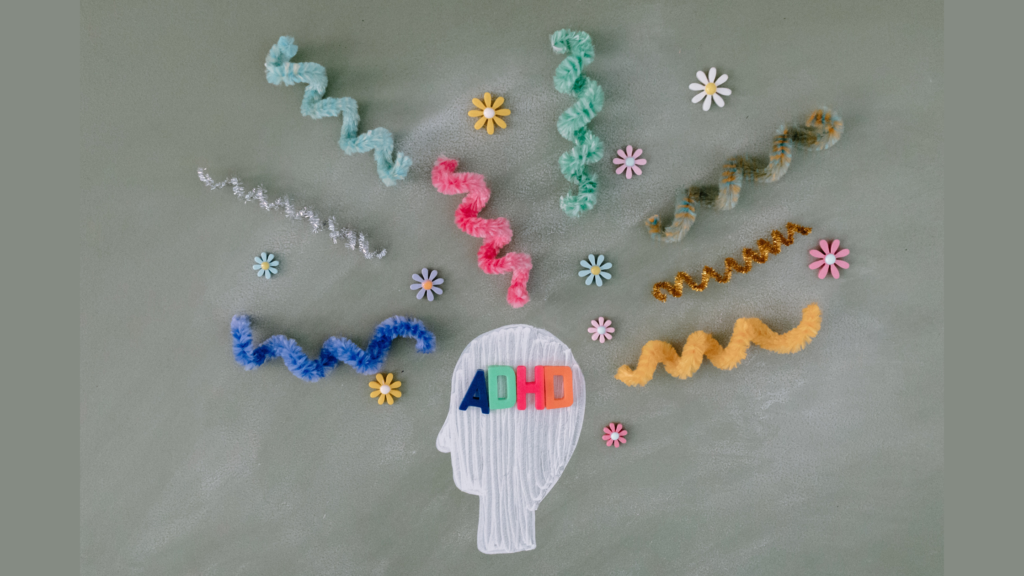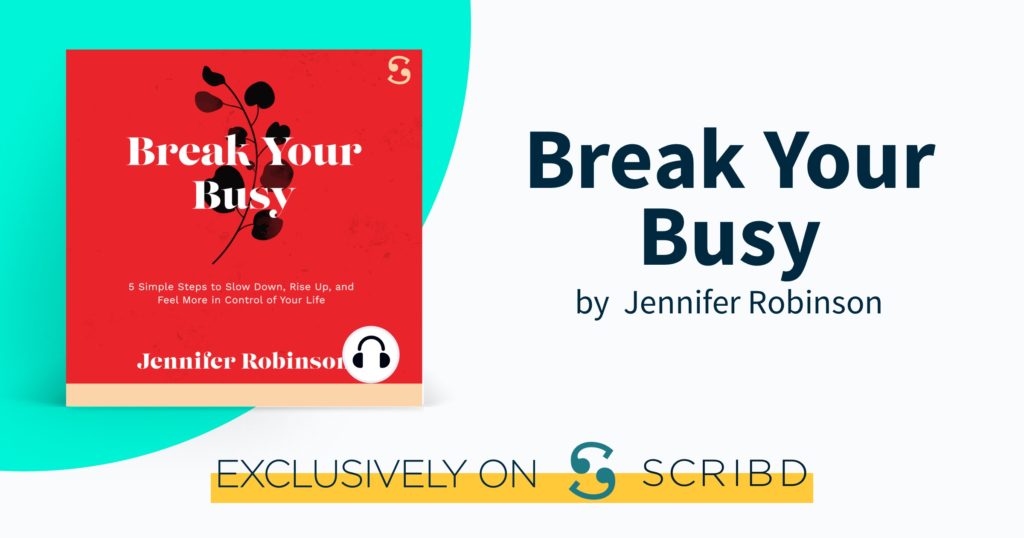As a parent of a teenager with ADHD, I know firsthand the challenges of managing their moods and some lagging skills. Teenagers can be moody, unpredictable, and easily frustrated, making it difficult to navigate day-to-day life calmly at times. In addition to moods, they face challenges related to schoolwork, social relationships, and overall behavior. It’s not easy having ADHD.
One of the most important things I’ve learned is to find my patience, pause, and be understanding and supportive. It’s easy to get frustrated when you’re repeating yourself and nagging, but I try to remind myself that their behavior is not a choice. ADHD is a neurological condition that affects how the brain works, and it can be tough for them to control their moods and emotions.
I tell my clients to encourage their kids to identify their emotions as well as communicate openly about them. That can be difficult if they suffer from impulsivity and don’t necessarily think before they speak. However, I’ve found that when they feel heard and understood, their frustration and anxiety decrease, and your family dynamic improves. Validation works wonders with kids!
ADHD & School
School can be a significant source of stress for teenagers with ADHD. Focus, organization, and task completion can pose significant challenges. To alleviate these difficulties, breaking tasks down into smaller, manageable steps can make a world of difference. Visual aids such as charts or calendars help them stay on track, while incorporating short breaks can keep them motivated. Additionally, when giving instructions, being clear and concise is key. Setting realistic expectations and considering the developmental stage of their brain can help prevent unnecessary frustration and disappointment.
ADHD & Social Relationships
Along those lines, another challenge can be helping teenagers develop and maintain positive social relationships. Teenagers with ADHD may struggle with impulsivity, leading to social difficulties like interrupting others or speaking without thinking. We can encourage them to practice active listening, taking turns speaking, and recognizing social cues like facial expressions and tone of voice.
Social relationships can also be a struggle for teenagers with ADHD due to impulsivity and difficulties with social cues. Encouraging active listening, taking turns in conversation, and recognizing nonverbal cues like facial expressions and tone of voice can help them navigate social interactions more effectively. Teaching them coping strategies such as taking breaks when overwhelmed, engaging in physical activity, or practicing deep breathing exercises empowers them to manage their emotions and stay grounded.

Transformative COURSES & WORKSHOPS that make integrating peaceful living, health and wellness easy, fun and affordable.
Be Clear & Concise
It’s also helpful to be super clear and concise when you ask them to do something. This is one of those times less is more. Setting clear and realistic expectations is also important. Our kids receive 20,000 more negative messages than their peers by age 12. That is a lot of negativity coming at them. So we need to meet them where they are, and that means setting our expectations appropriately. That’s harder than it sounds sometimes. It’s not easy to look at your 16-year-old and consider whether your request is good for a 13-year-old brain.
The age-old messy room is one example that comes up a lot in my parent coaching. It’s infuriating when you’ve asked your teen to clean their room and they just don’t do it. How hard is it to do? Well, pretty hard if you have ADHD. Why? Because they see this huge mess that is utterly overwhelming to them. However, if you say, “Put your sweaters on the shelf and your shoes in the closet,” that they can do! Because while it’s essential to provide support and guidance, parents should encourage their teenagers to develop independence and take responsibility for their own behavior and decisions. This can help them build confidence and develop essential life skills.
Give Your ADHD Teen Room to Grow
Yes, we need to teach them those skills, but let them grow. Also, help them develop coping strategies. This might include taking a break when they feel overwhelmed, engaging in physical activity to release pent-up energy, or practicing deep breathing exercises to calm down. We want to empower them.
Empowering Your ADHD Teen
It’s also important to focus on their strengths and abilities, which are many. They can be so intelligent, creative, loyal, and able to be present in a situation. Focusing on their positive traits can help them feel valued and motivated. While their moods can be difficult to deal with, they are also capable of experiencing great joy, excitement, and happiness. By focusing on what they can do rather than what they can’t, we help them and ourselves. We need to work on our own coping skills to avoid becoming overwhelmed or feeling frustrated and stressed out.
So celebrate the small successes and take time to really appreciate the progress your teen makes. Believe me, it will help the whole family!

DANA BAKER-WILLIAMS
If you’re going to thrive in today’s crazy world, I believe you need to bring your whole self to the table: your personality, your sense of humor, and most importantly, your heart. All of these elements brought me to start Parenting In Real Life, my parent and teen coaching.
I’m a mom of two amazing kids, one of whom has struggled with ADHD, anxiety and depression. Watching this as a parent can be heartbreaking and feels singular. I had nowhere to turn and i was totally overwhelmed. When we finally put the pieces together and got our daughter some help, everything changed for her. But I still didn’t have someone who could teach me how to parent more effectively. It was trial and error on the emotional dysregulation, the panic attacks, and the lack of executive functioning. There was no handbook.
I vowed then that other parents should NOT have to be that scared, overwhelmed, and alone. And kids and teens shouldn’t feel alone, stupid, disconnected or “less than”. Now I am in the position to help parents and teens alike. I help other 2e families find calm in the chaos, connect with their kids, and bring peace and joy back into the family dynamic. I give parents the tools and support they need to communicate and parent more effectively. Simple shifts and techniques will allow you to parent with confidence and handle the challenges with grace and set your kids up for success with life skills, resilience, and self-advocacy.
Bring the joy back in your family, book a call now. https://www.parentinginreallife.org/bookings-checkout/book-a-free-consult/book



